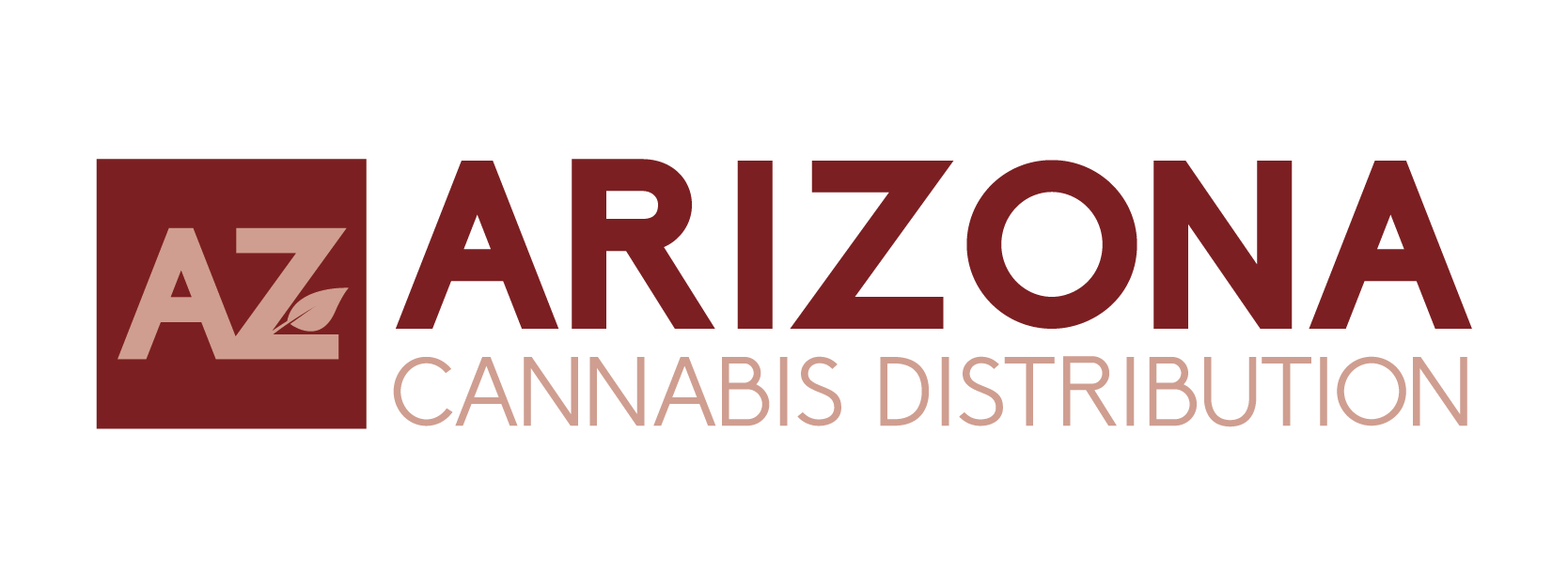Arizona’s cannabis distribution sector has grown rapidly since the state legalized adult-use cannabis in 2020 through Proposition 207. With over $1.4 billion in legal cannabis sales in 2023 alone, according to the Arizona Department of Revenue, the industry continues to demand skilled professionals across various disciplines, particularly in distribution operations. A seasoned cannabis distribution manager in Arizona can attest: there’s more to this booming industry than dispensaries and growers—distribution is the engine that keeps the supply chain moving.
Distribution Drivers and Delivery Coordinators
The most visible roles in the distribution pipeline are drivers and delivery coordinators. These professionals ensure that cannabis products move securely and compliantly from licensed cultivation or manufacturing facilities to dispensaries. In Arizona, drivers must be registered dispensary agents, pass background checks, and adhere to strict packaging and transport regulations outlined by the Arizona Department of Health Services (ADHS). Coordinators manage logistics, optimize delivery routes, and ensure compliance with manifests and chain-of-custody procedures.
Inventory and Compliance Specialists
Maintaining strict inventory control is critical in a state like Arizona, where every cannabis product must be tracked from seed to sale via Metrc, the state’s mandated track-and-trace system. Inventory specialists ensure that all incoming and outgoing shipments are logged correctly, reducing discrepancies that could trigger audits. Compliance specialists monitor adherence to state guidelines, update SOPs, and prepare records for regulatory inspections.
Warehouse and Fulfillment Staff
Behind the scenes, distribution hubs depend on warehouse workers, order fulfillment staff, and quality assurance teams. These roles involve receiving products, inspecting packaging and labels, ensuring temperature control for sensitive goods (like edibles or concentrates), and preparing outgoing shipments with precision. Training in cannabis handling, storage protocols, and state regulations is typically required.
Fleet and Transportation Managers
Larger operations often employ transportation managers who oversee vehicle maintenance, security systems, driver scheduling, and GPS tracking. These managers work to balance efficiency and legal compliance, especially in the case of multi-stop deliveries across counties. Arizona regulations require cannabis transport vehicles to follow specific security protocols, including locked compartments and real-time location tracking.
Operations and Logistics Directors
At the upper management level, operations and logistics directors set strategy for distribution workflows, coordinate with cultivation and retail partners, and oversee team hiring and training. They often have experience in broader supply chain management, sometimes from other regulated industries like alcohol or pharmaceuticals, and bring in SOP-driven leadership that aligns with ADHS standards.
Security Professionals
Because of the high-value nature of cannabis products, distribution centers and transport routes often require dedicated security teams. These roles can include both static security for facilities and mobile escorts for larger deliveries, typically filled by individuals with law enforcement or private security backgrounds.
With Arizona’s cannabis industry projected to continue expanding through 2025 and beyond, according to MJBizDaily, the distribution sector offers stable, upwardly mobile job paths for those seeking careers in logistics, compliance, and operations.
